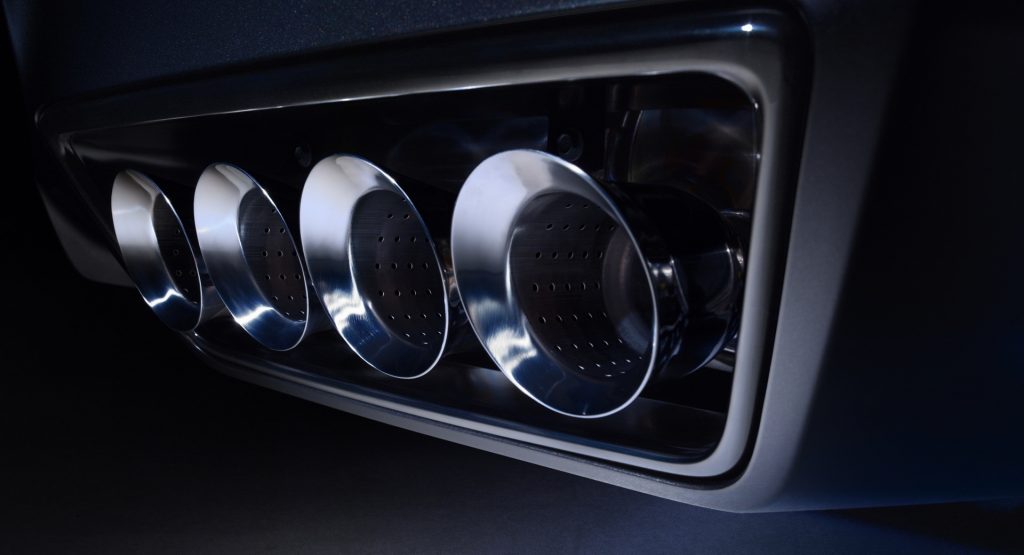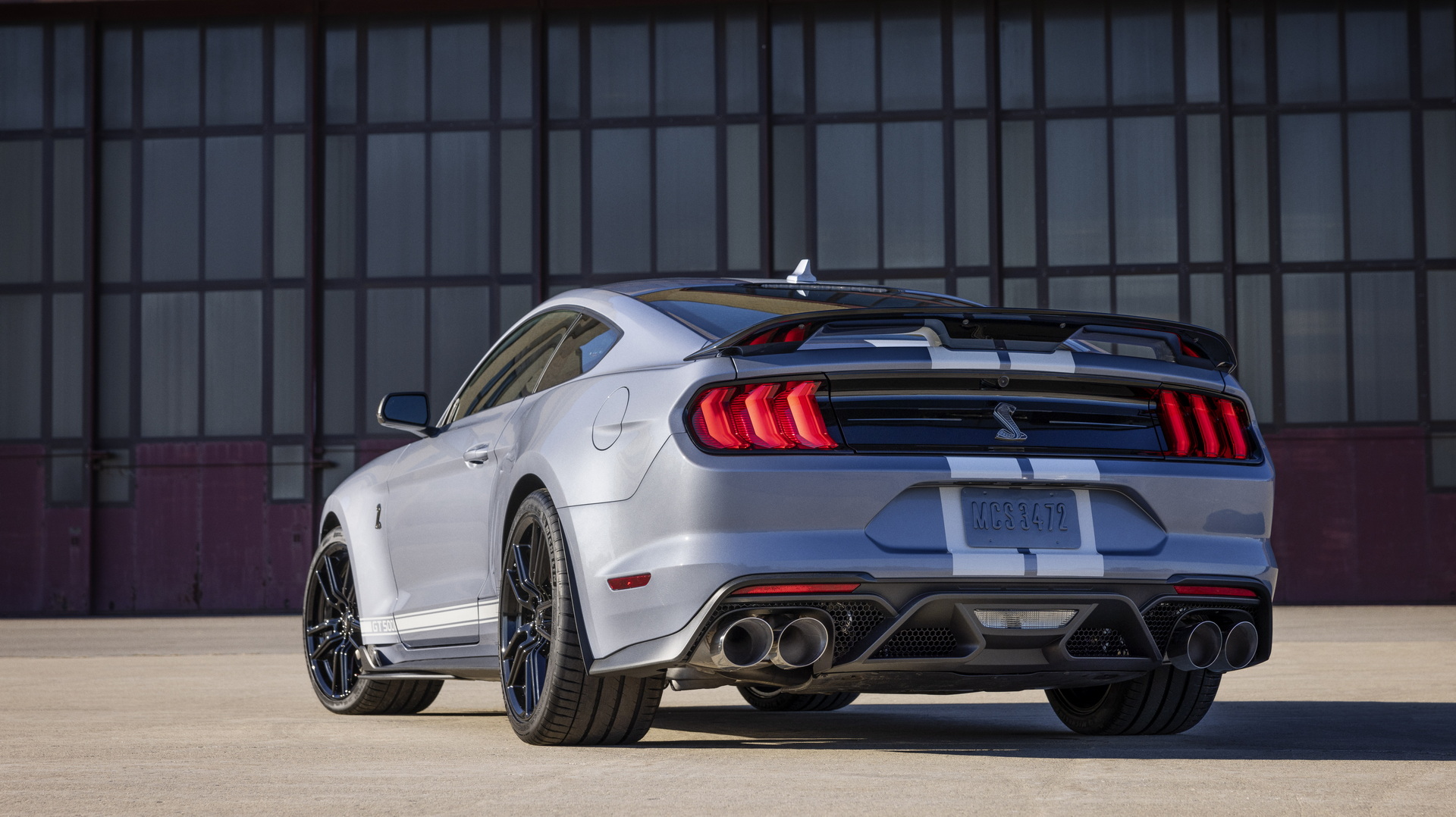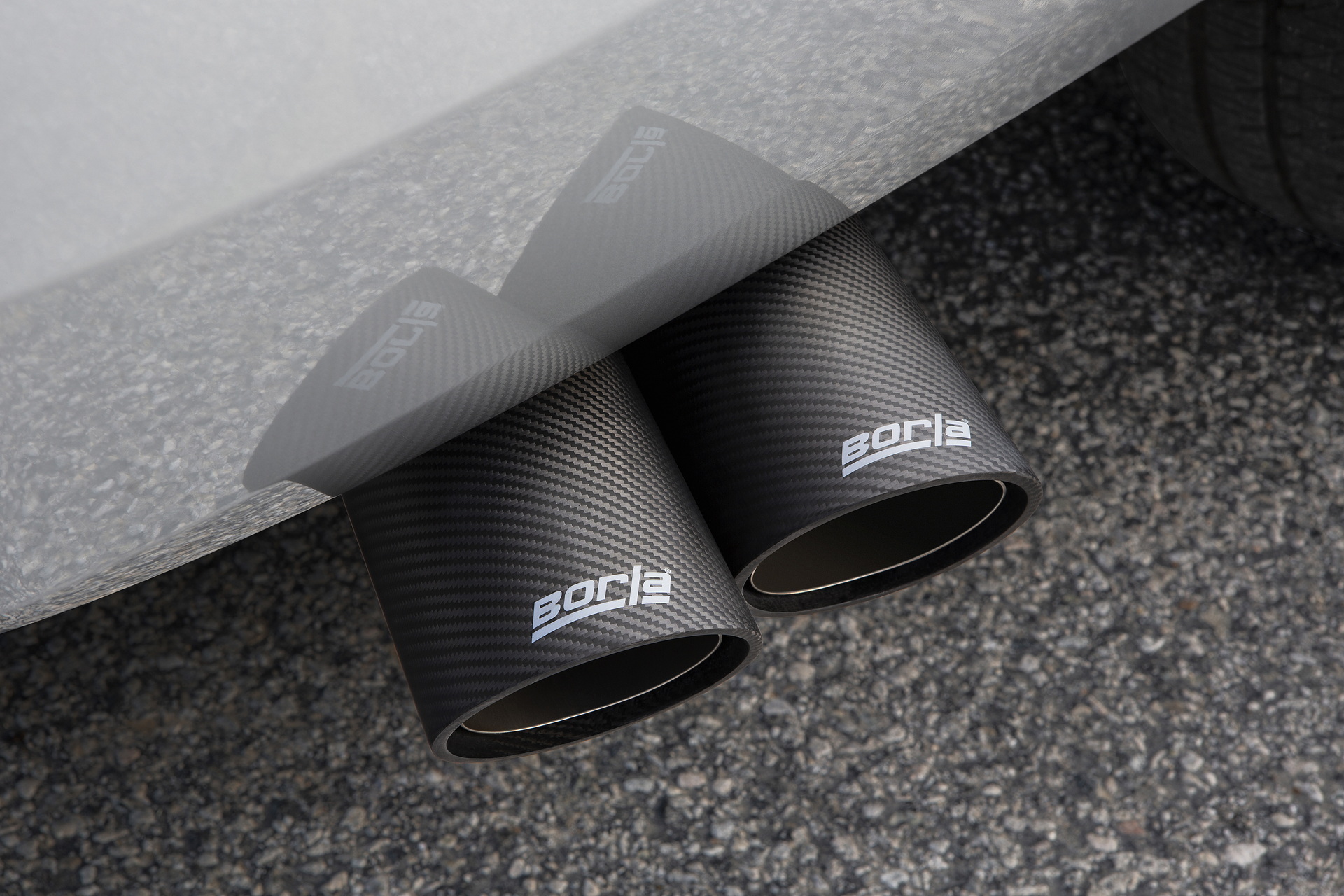The state of California may introduce a new pilot program that would see six (undisclosed) cities receiving “sound-activated enforcement systems” that basically act like a speed camera, only for sound.
The California State Legislature has approved the measure and if Governor Gavin Newsom signs the bill into law, the five-year pilot program could start cracking down on loud cars and motorcycles.
The bill does not have an impact on what sound level is acceptable, so the state’s previously established limits of 95 decibels for cars and 80 decibels for motorcycles built after 1985 will remain unchanged, reports Autoweek.
Read Also: New Yorkers With Loud Exhausts Could Be Caught By Cameras With Decibel Meters
Instead, the state will now be able to more effectively enforce those noise limits. According to the bill, the sound-activated enforcement system features some manner of decibel meter and a smart camera that can focus in on the source of the noise in order to take a picture of the vehicle and, eventually, send the owner a ticket.
Although the specifics of how the system works are not made clear in the bill, California is not the first to introduce such a measure. Reports emerged earlier this year that the state of New York had started sending out summons to people whose vehicles were found to be too loud by a similar automated enforcement system. France, too, has been testing these systems.
Although it may seem odd that California is buying sound enforcement equipment when it is also planning to ban the sale of new internal combustion engine vehicles, that ban isn’t coming until 2035. Just because new ICE vehicles aren’t being sold doesn’t mean that they won’t still be on the road, either, with most new cars likely to last at least another five to 10 years after that.
California drivers worried about receiving a ticket will, at least, be given ample opportunity to slow down. This new proposed law requires that motorists be warned with signs before entering a sound enforcement zone and first-time offenders will not be fined. Participating city governments are also required to create payment plans, deferment options, and fine waivers for low-income vehicle owners who demonstrate an inability to pay.
The size of the fines for those who exceed the sound level limits on multiple occasions remains unclear at this time. Funds raised through this program, though, will have to either be spent on the continuation of it or on other traffic calming infrastructure.










